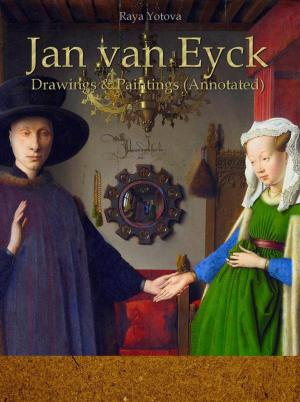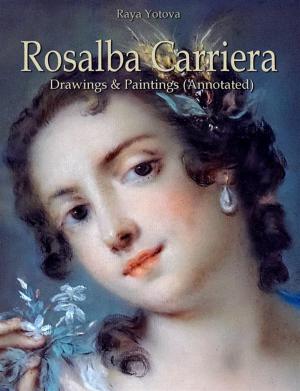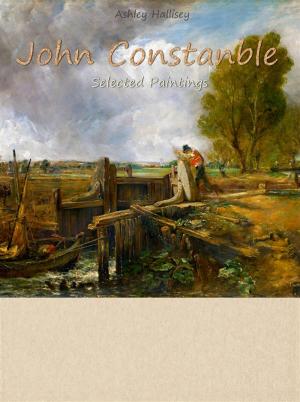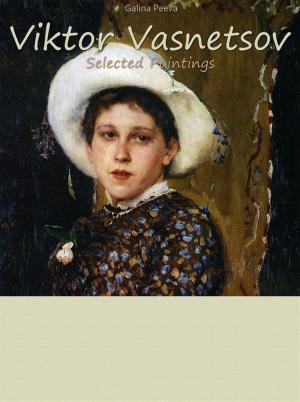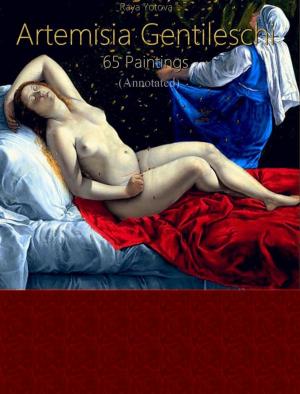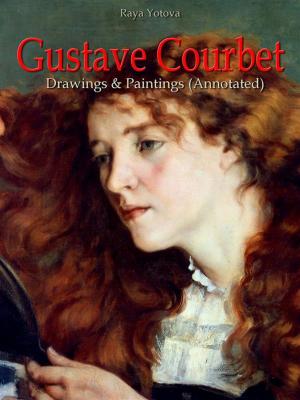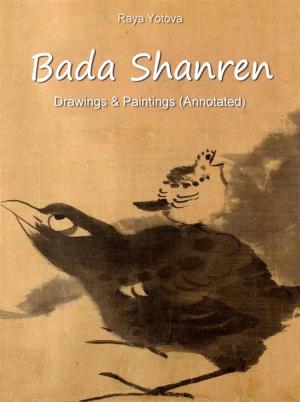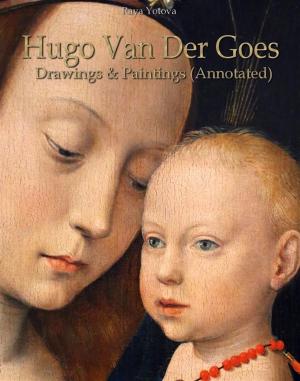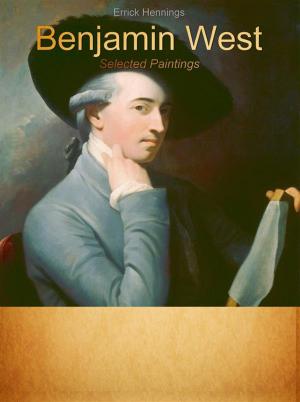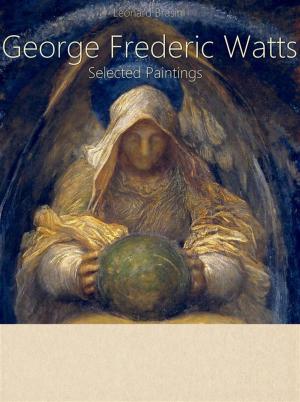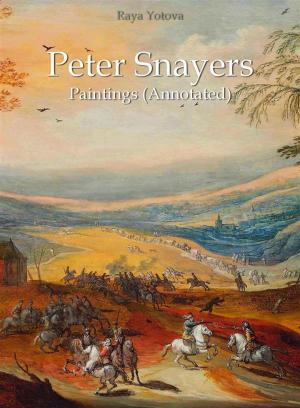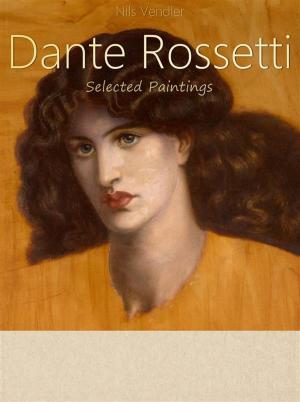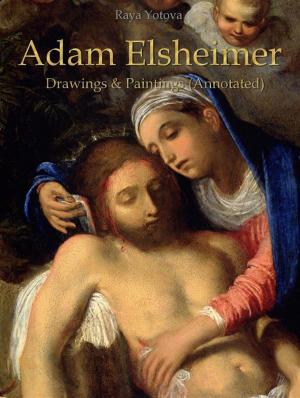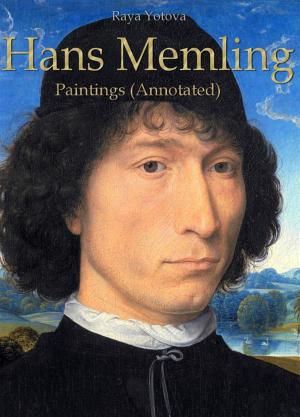Hendrick De Clerck: Drawings & Paintings (Annotated)
Nonfiction, Art & Architecture, Art History, European, General Art| Author: | Raya Yotova | ISBN: | 9788829575534 |
| Publisher: | Publisher s13381 | Publication: | December 15, 2018 |
| Imprint: | Language: | English |
| Author: | Raya Yotova |
| ISBN: | 9788829575534 |
| Publisher: | Publisher s13381 |
| Publication: | December 15, 2018 |
| Imprint: | |
| Language: | English |
Hendrick de Clerck was a typical representative of Flemish Manierism from the late 16th and early 17th centuries.
Although he worked at the border of two eras and two styles in Flemish art - those of Mannerism and Baroque - de Clerck until the end of his career remained faithful to the stylistic of the Mannerist artists.
His art is mostly religious. He has painted almost everything in this sphere, ranging from large altar panels and triptychs to miniature paintings designed for personal use.
He worked in the second half of his life in the upcoming Baroque era, whose most significant representative was his compatriot Sir Peter Paul Rubens, but Hendrick de Clerck fails to adapt to the new stylistics and continues to draw on the subject and the means of expression of the past century.
Having received his education and training in his native Brussels, he has remained throughout his career as an artist connected with this city.
Like other Flemish artists, de Clerck specializes in figurative painting. He co-operated with his colleagues to draw together scenes with landscapes in which there were human figures, something familiar and quite widespread at the time. He has worked with some of the most prominent artists such as Jan Brueghel the Elder and Denijs van Alsloot.
Hendrick de Clerck was a typical representative of Flemish Manierism from the late 16th and early 17th centuries.
Although he worked at the border of two eras and two styles in Flemish art - those of Mannerism and Baroque - de Clerck until the end of his career remained faithful to the stylistic of the Mannerist artists.
His art is mostly religious. He has painted almost everything in this sphere, ranging from large altar panels and triptychs to miniature paintings designed for personal use.
He worked in the second half of his life in the upcoming Baroque era, whose most significant representative was his compatriot Sir Peter Paul Rubens, but Hendrick de Clerck fails to adapt to the new stylistics and continues to draw on the subject and the means of expression of the past century.
Having received his education and training in his native Brussels, he has remained throughout his career as an artist connected with this city.
Like other Flemish artists, de Clerck specializes in figurative painting. He co-operated with his colleagues to draw together scenes with landscapes in which there were human figures, something familiar and quite widespread at the time. He has worked with some of the most prominent artists such as Jan Brueghel the Elder and Denijs van Alsloot.

